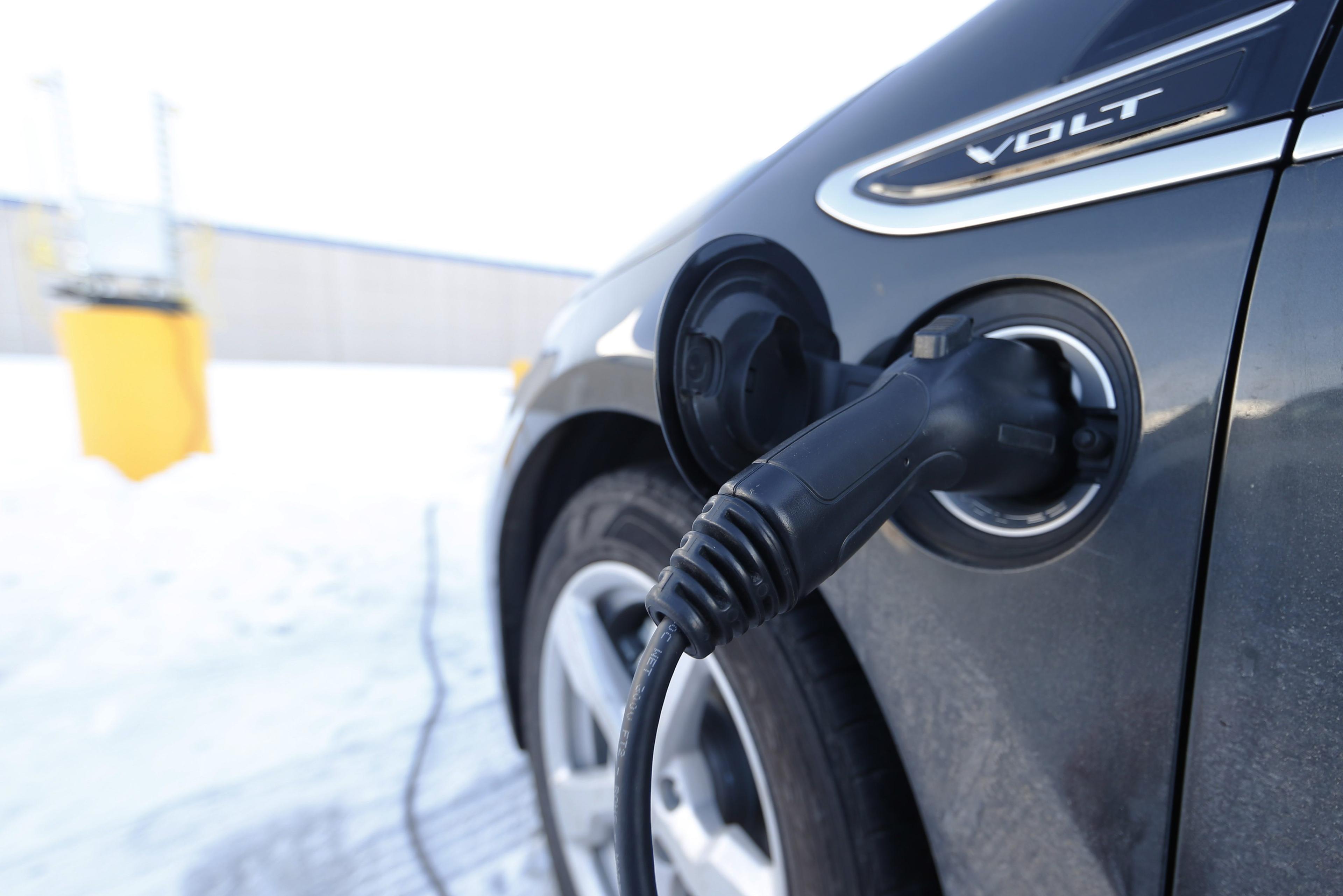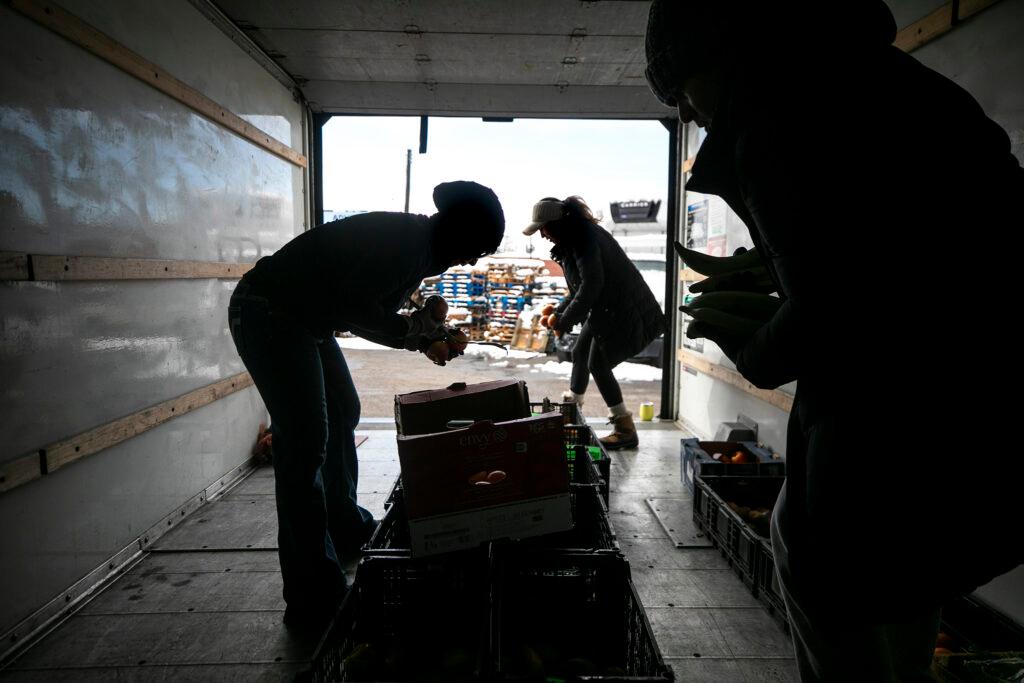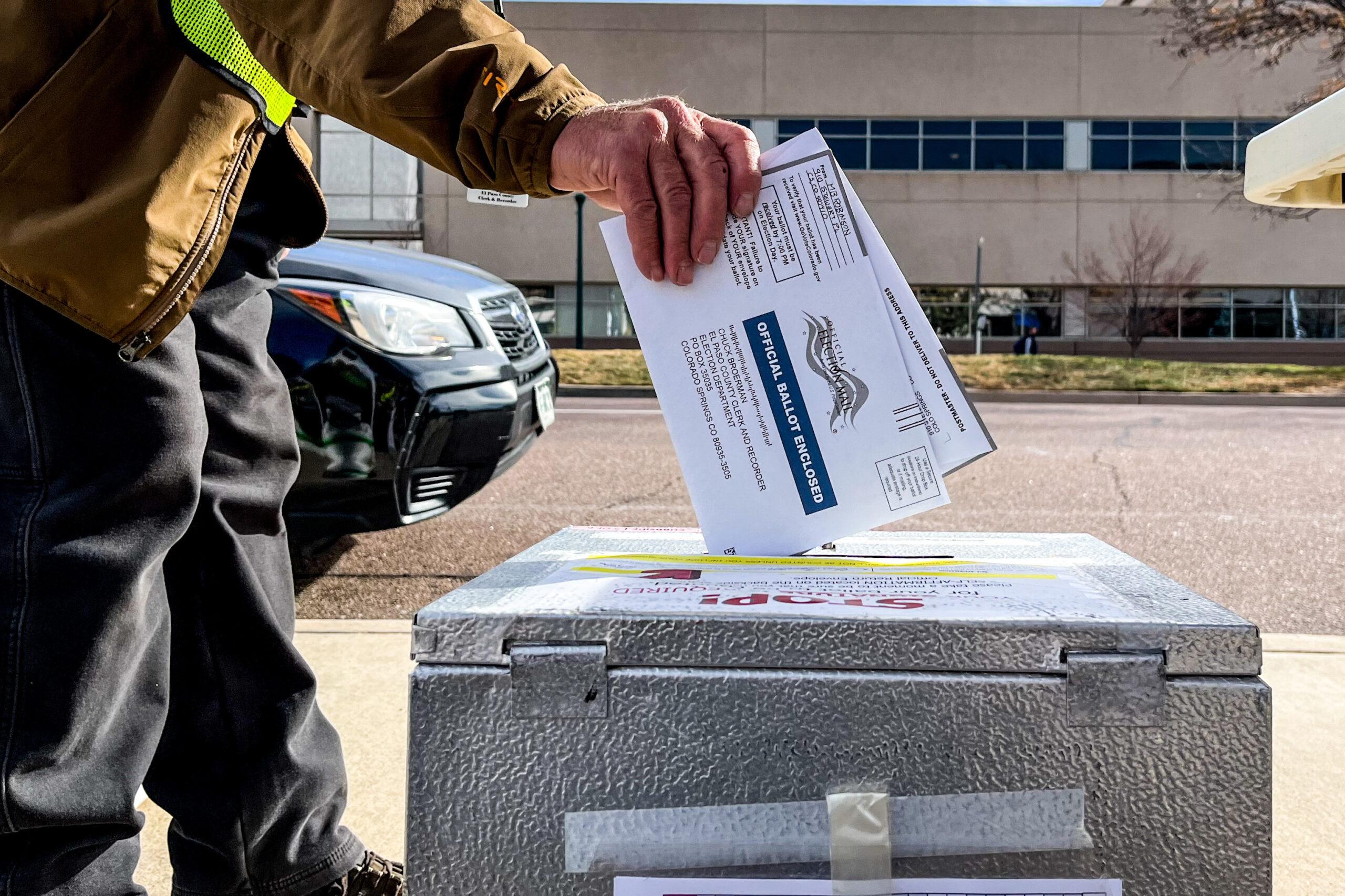
The state of Colorado released the most comprehensive roadmap to date for how it plans to add hundreds of thousands of electric cars and trucks to the roads in the coming years, a move that would clean up the air for generations to come.
"As an administration and as multiple agencies working with our partners, we're really committed to trying to move forward toward ambitious — but again, we believe ambitious — goals,” Colorado Energy Office executive director Will Toor said.
Unveiled at a Colorado Electric Vehicle Coalition virtual meeting, the Colorado EV Plan 2020 seeks to add 1 million electric cars to the road by 2030, transition medium- and heavy-duty trucks and buses to electric options, add more charging stations and electrify the state’s fleet of cars and trucks.
For the first time, the plan states the aspirational goal of transitioning 100 percent of cars, trucks and buses to run off electricity instead of fossil fuels. An uncertain economic future could make this future more difficult to achieve.
But some electric vehicle advocates say the overarching plan is critical.
“The big-picture goal the plan sets is really important because it sets a long term target that we can all plan around and invest in,” said Travis Madsen, transportation program director for the Southwest Energy Efficiency Project.
Colorado is seeking to reduce greenhouse gas emissions 50 percent over the next decade. Transportation is the single largest source of carbon dioxide emissions in the state. As a stark reminder of just how big a polluter cars and trucks can be, Colorado meteorology supervisor Scott Landes said at the Thursday meeting that nitrogen dioxide levels in Denver had decreased nearly 28 percent during the COVID-19 stay-at-home order.
Those levels will likely rise in the coming months as more Coloradans return to the workplace.
Toor with the Colorado Energy Office said electric vehicles will play a critical role in cleaning up the air and achieving greenhouse gas reduction goals. But he added that a severe economic recession could make goals more difficult to achieve. The state is currently facing a potential $3 billion budget shortfall, and that could dry up anticipated revenue streams needed to develop the plan.
And if low oil prices continue, consumers will have less of an incentive to move away from fossil fuels.
“The cost savings from transition to electrification won’t be as large for some period of time. But I think there are multiple motivations that people have,” Toor said. “As we move forward the key element will be to ensure that the auto industry makes the kinds of investments they’ve been making on the R & D front and bringing additional models to market.”









